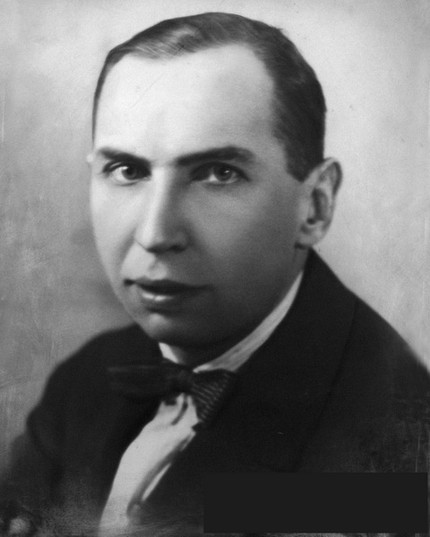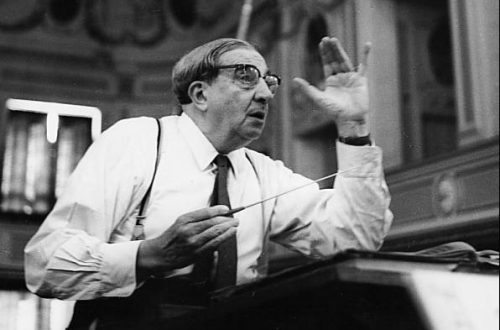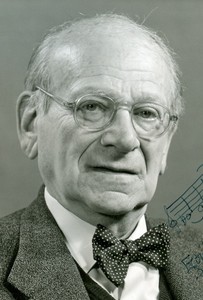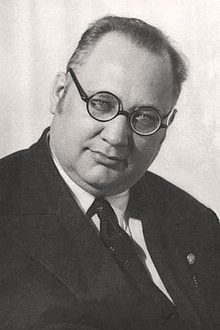
Nikolai Mykhailovych Strelnikov (Nikolai Strelnikov) |
Nikolai Strelnikov

Strelnikov is a Soviet composer of the older generation, creatively formed in the early years of Soviet power. In his work, he paid much attention to the operetta genre, created five works that continue the traditions of Lehar and Kalman.
Nikolai Mikhailovich Strelnikov (real name – Mesenkampf) was born on May 2 (14), 1888 in St. Petersburg. Like many musicians of that time, he received a legal education, graduating in 1909 from the School of Law. At the same time, he took piano lessons, music theory and composition lessons from major St. Petersburg teachers (G. Romanovsky, M. Keller, A. Zhitomirsky).
After the Great October Revolution, Strelnikov was actively involved in cultural construction: he served in the music department of the People’s Commissariat for Education, lectured in workers’ clubs, military and naval units, taught a course in listening to music at the Theater College, and headed the concert department of the Philharmonic. Since 1922, the composer became the head of the Leningrad Youth Theater, where he wrote music for more than twenty performances.
In 1925, the leadership of the Leningrad Maly Opera Theater turned to Strelnikov with a request to write inserted musical numbers for one of Lehar’s operettas. This accidental episode played a huge role in the composer’s life: he became interested in operetta and devoted the following years almost entirely to this genre. He created The Black Amulet (1927), Luna Park (1928), Kholopka (1929), Teahouse in the Mountains (1930), Tomorrow Morning (1932), The Poet’s Heart, or Beranger “(1934), “Presidents and Bananas” (1939).
Strelnikov died in Leningrad on April 12, 1939. Among his works, in addition to the operettas mentioned above, are the operas The Fugitive and Count Nulin, and the Suite for Symphony Orchestra. Concerto for Piano and Orchestra, Quartet, Trio for Violin, Viola and Piano, romances based on poems by Pushkin and Lermontov, children’s piano pieces and songs, music for a large number of drama performances and films, as well as books about Serov, Beethoven, articles and reviews in magazines and newspapers.
L. Mikheeva, A. Orelovich





